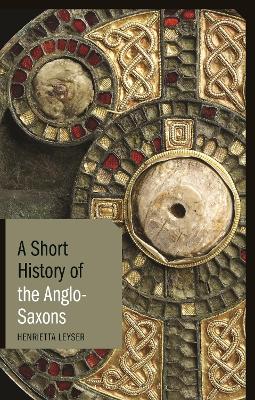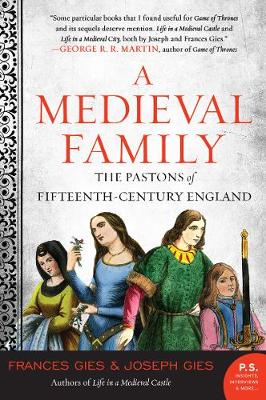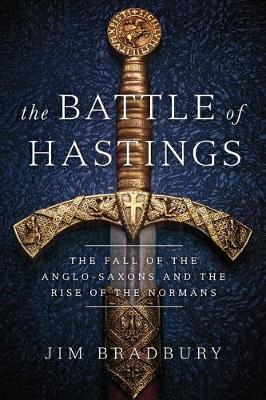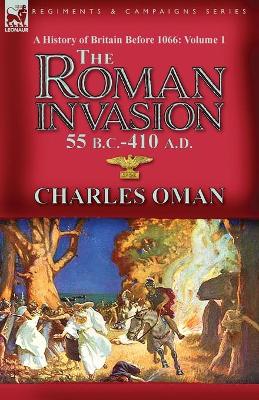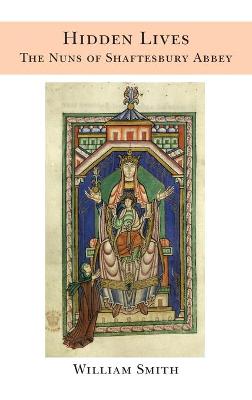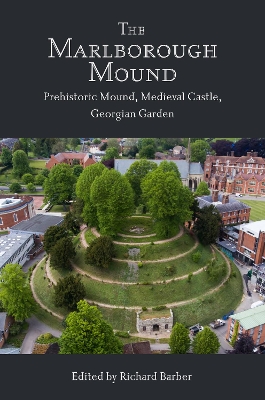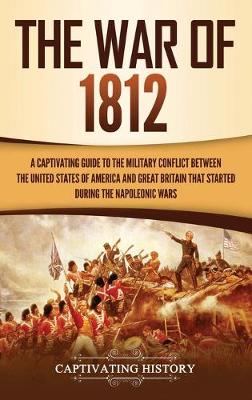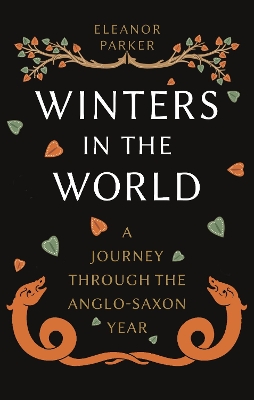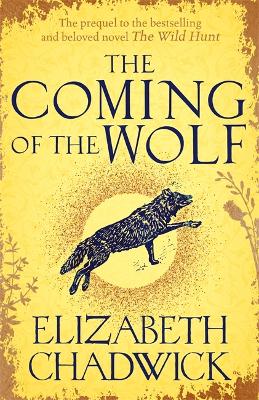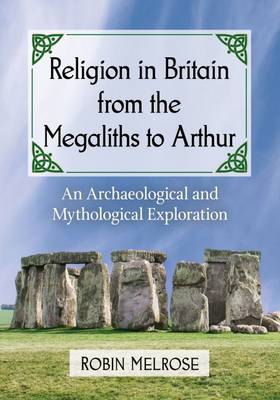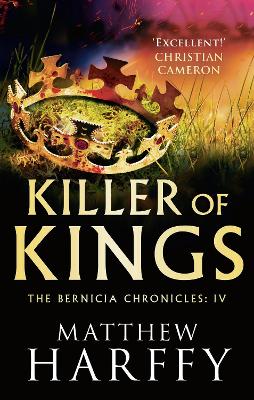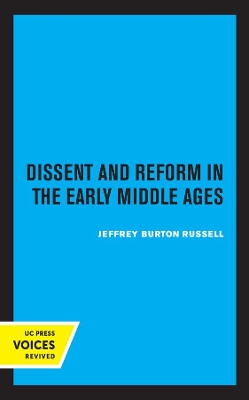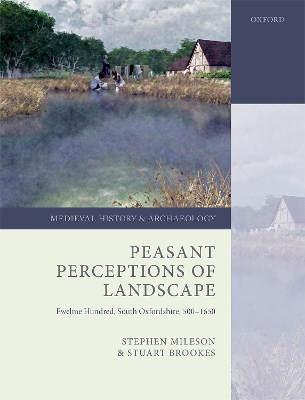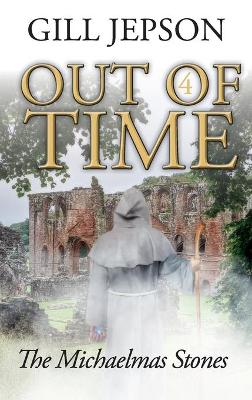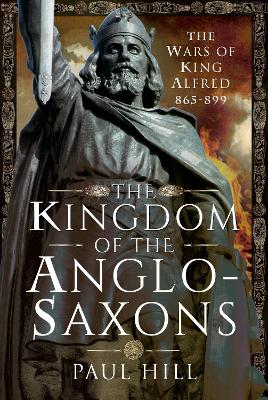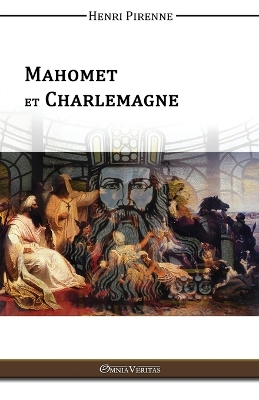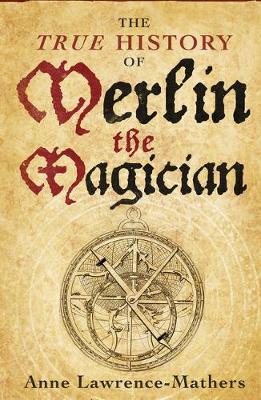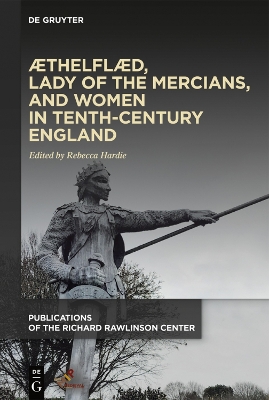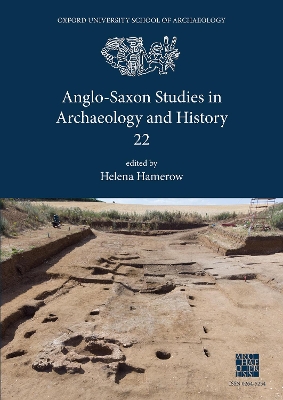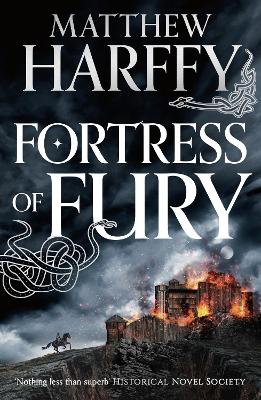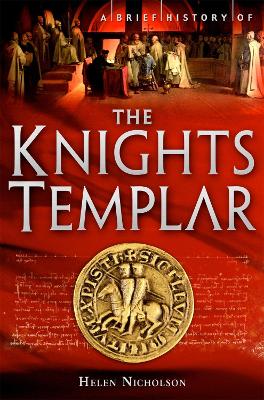'Here lies our leader all cut down, the valiant man in the dust.' The elegiac words of the Battle of Maldon, an epic poem written to celebrate the bravery of an English army defeated by Viking raiders in 991, emerge from a diverse literature - including Beowulf and Bede's Ecclesiastical History - produced by the peoples known as the Anglo-Saxons: Germanic tribes who migrated to Britain from Lower Saxony and Denmark in the early fifth century CE. The era once known as the 'Dark Ages' was marked b...
The Battle of Hastings is one of the key events in the history of the British Isles. This book is not merely another attempt to describe what happened at Hastings - that has already been done supremely well by many others - but instead to highlight two issues: how little we actually know for certain about the battle, and how the popular understanding of 14 October 1066 has been shaped by the concerns of later periods. It looks not just at perennial themes such as how did Harold die and why did t...
In the late 18th century, Members of the English gentry - a tiny group of roughly 1,000 households sandwiched between the ruling nobility and the peasants, and a rough analog for the contemporary "middle class" - the Pastons' experience, recorded Covering the years from 1421 to 1484, and the lives of three generations of Pastons, the Gieses provide a rare window into the day-to-day life of this family, and the broader political and social goings-on of medieval England. We learn R...
Winters in the World is a beautifully observed journey through the cycle of the year in Anglo-Saxon England, exploring the festivals, customs and traditions linked to the different seasons. Drawing on a wide variety of source material, including poetry, histories and religious literature, Eleanor Parker investigates how Anglo-Saxons felt about the annual passing of the seasons and the profound relationship they saw between human life and the rhythms of nature. Many of the festivals we celebrate...
The long-awaited prequel to Elizabeth Chadwick's bestselling and beloved first novel The Wild Hunt'Picking up an Elizabeth Chadwick novel you know you are in for a sumptuous ride'Daily Telegraph The Welsh Borders, 1069 When Ashdyke Manor is attacked, Lady Christen is forced to witness her husband's murder and the pillaging of her lands at the hands of brutal Norman invaders. It seems the pain is finally over when Miles Le Gallois, Lord of Milnham-on-Wye, calls off the attack. But he has Chr...
The Druids and the Arthurian legends are all most of us know about early Britain, from the Neolithic to the Iron Age (4500 BC-AD 43). Drawing on archaeological discoveries and medieval Welsh texts like the Mabinogion, this book explores the religious beliefs of the ancient Britons before the coming of Christianity, beginning with the megaliths-structures like Stonehenge-and the role they played in prehistoric astronomy. Topics include the mysterious Beaker people of the Early Bronze Age, Iron Ag...
AD 636. Anglo-Saxon Britain. Beobrand has land, men and riches. He should be content. And yet he cannot find peace until his enemies are food for the ravens. But before Beobrand can embark on his bloodfeud, King Oswald orders him southward, to escort holy men bearing sacred relics. When Penda of Mercia marches a warhost into the southern kingdoms, Beobrand and his men are thrown into the midst of the conflict. Beobrand soon finds himself fighting for his life and his honour. In the chaos tha...
Dissent and Reform in the Early Middle Ages (Publications of the UCLA Center for Medieval and Renaissance Studies, #1)
by Jeffrey Burton Russell
This title is part of UC Press's Voices Revived program, which commemorates University of California Press's mission to seek out and cultivate the brightest minds and give them voice, reach, and impact. Drawing on a backlist dating to 1893, Voices Revived makes high-quality, peer-reviewed scholarship accessible once again using print-on-demand technology. This title was originally published in 1965.
Peasant Perceptions of Landscape (Medieval History and Archaeology)
by Stephen Mileson and Stuart Brookes
Peasant Perceptions of Landscape marks a change in the discipline of landscape history, as well as making a major contribution to the history of everyday life. Until now, there has been no sustained analysis of how ordinary medieval and early modern people experienced and perceived their material environment and constructed their identities in relation to the places where they lived. This volume provides exactly such an analysis by examining peasant perceptions in one geographical area over the...
The history of the Knights Templars is a remarkable story of triumphs and defeats, marked with controversies and tragedy. From their rise to their demise, Charles G. Addison captivatingly chronicles the various characters that played a role in shaping this powerful military order that reigned for almost two centuries during the Middle Ages. Having examined scores of documents and texts, and traveled to many of the ruined fortresses and castles of the order, Addison was an expert on the Templar...
In this compelling military and political history of the Anglo-Saxon kingdom, Paul Hill explores England's birth amidst the devastation and fury of the Danish invasions of the ninth century. He provides insight into the English response to the new challenges of warfare in these years of turbulence and danger. Alfred the Great, youngest son of King thelwulf, took control of the last surviving Anglo-Saxon kingdom, bringing Wessex and the English' parts of Mercia together into a new Kingdom of...
Æthelflæd (d. 918), Queen, administrator of law, military and political leader, is one of the most significant women in English history. Despite her multifaceted roles and family legacy, however, she has never been the subject of a book-length study. This interdisciplinary collection of essays redresses a notable hiatus in scholarship of early medieval England. It also examines Æthelflæd’s reign and legacy in the context of women’s roles during this period and so challenges a prevailing misconce...
Anglo-Saxon Studies in Archaeology and History 22 (Anglo-Saxon Studies in Archaeology and History)
Anglo-Saxon Studies in Archaeology and History (ASSAH) is a series concerned with the archaeology and history of England and its neighbours during the period circa AD 400-1100. ASSAH offers researchers an opportunity to publish new work in an inter- and multi-disciplinary forum that allows for a diversity of approaches and subject matter. Contributions placing England in its international context are as warmly welcomed as those that focus on England itself.
Beobrand is besieged in the action-packed instalment in the Bernicia Chronicles set in AD 647 Anglo-Saxon Britain. War hangs heavy in the hot summer air as Penda of Mercia and his allies march into the north. Caught unawares, the Bernician forces are besieged within the great fortress of Bebbanburg. It falls to Beobrand to mount the defence of the stronghold, but even while the battle rages, old and powerful enemies have mobilised against him, seeking vengeance for past events. As the Mercia...
A Brief History of the Knights Templar (Brief Histories)
by Professor in Medieval History Helen Nicholson
Much has been written about the Knights Templar in recent years. A leading specialist in the history of this legendary medieval order now writes a full account of the Knights of the Order of the Temple of Solomon, to give them their full title, bringing the latest findings to a general audience. Putting many of the myths finally to rest, Nicholson recounts a new history of these storm troopers of the papacy, founded during the crusades but who got so rich and influential that they challenged the...
